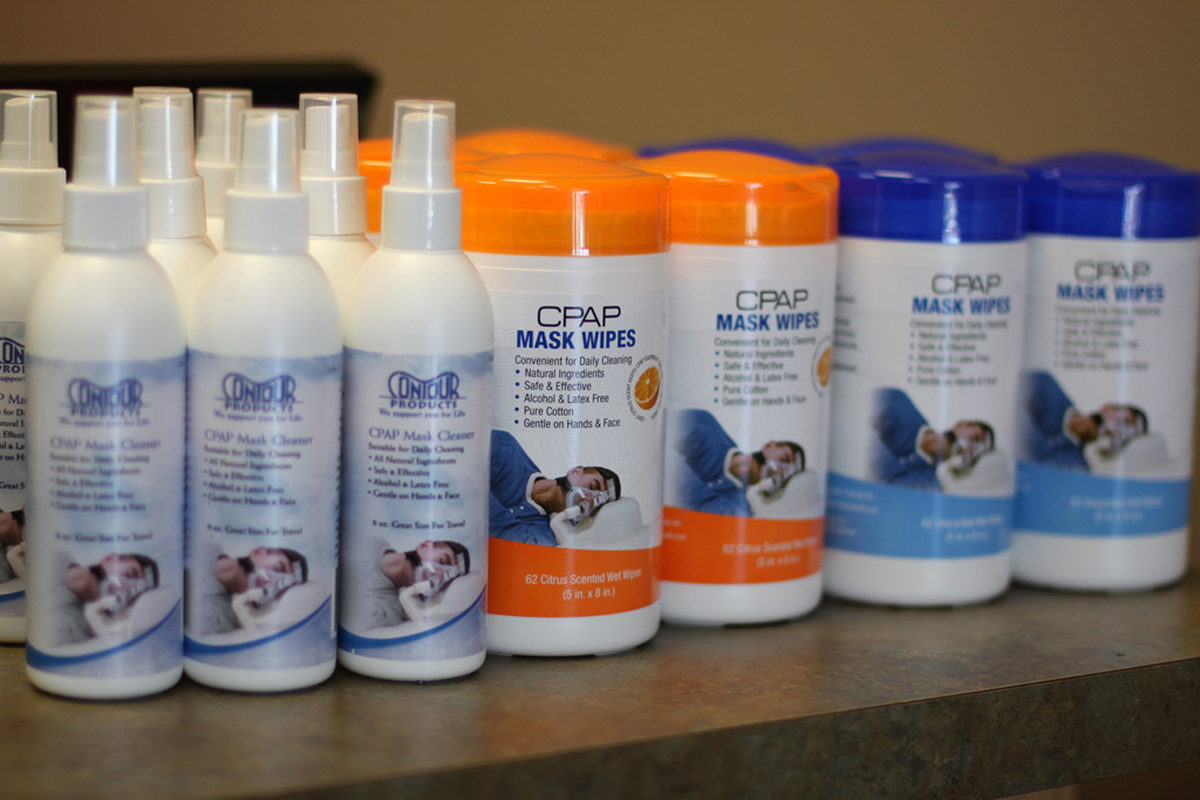Table of Contents
Although the CPAP is the most effective treatment for severe cases of sleep apnea, it has its disadvantages, too. People have to get used to sleeping with a mask on every night to benefit from it. They must also make sure that the mask fits and the machine is working properly. On the other hand, people who have mild to moderate sleep apnea often have more difficulty using the CPAP and most of them do not use it for more than four hours a night. In fact, 25-50 percent of patients who start using the machine eventually stop using it. Therefore patients and doctors may try to look for other options to treat the condition.

Depending on the cause and severity of sleep apnea, doctors may recommend other forms of treatments. These include:
Surgery. Surgical correction of an anatomical abnormality that leads to airway obstruction is the easiest way to treat sleep apnea. This can involve surgery on the nasal airway, placing palatal implants, tongue reduction or other produres on other parts of the upper airways. These may be combined with bariatric surgery, a weight-loss surgery that reduces one's risk of sleep apnea associated with obesity.
Although surgery is often effective, it is not without risks. Bleeding, pain, infection, scarring, and other complications may occur. In some cases, surgery does not cure sleep apnea, and the use of CPAP turns out to be helpful.
Non-surgical options. For patients who have mild to moderate sleep apnea associated with obesity, doctors advise losing weight, which has been shown to significantly improve the condition by about 25 percent. Behavioral changes, including eating a healthy diet, exercising, practicing sleep hygiene habits, and improving one's sleeping position also help prevent apnea during sleep.
Dental appliances are portable mouthpieces that hold the jaw, tongue and palate in proper position that prevents airway closure and control apnea. These are reportedly 75% effective for patients who have mild to moderate airway obstruction.
Certain medications can help reduce nasal swelling, such as topical nasal decongestants (oxymetazoline, neosynephrine) and nasal steroid sprays. However, these medications must not be used continuously because of potential side effects. Other medications to improve health conditions related to sleep apnea may also be recommended, such as anti-obesity drugs, thyroid hormone replacement (for patients with under-functioning thyroid glands), and antibiotics (for sinusitis).
Importance of Treating Sleep Apnea
Combination of treatments may be used, because in many cases, people are not comfortable adhering to treatments that require continuous use, such as dental appliances or CPAP. However, it is important to emphasize, as studies have shown, that sleep apnea increases one's risk of heart disease, stroke, high blood pressure, and worse, heart attack or sudden death. Serious disturbances in sleep can also increase daytime sleepiness, which may lead to reduced work productivity, road accidents, or other safety hazards at work.
It is also important to note that although there may be a lot of people suffering from obstructive sleep apnea, only a few of these are receiving proper treatment. Others have not been identified, while some refuse treatment and take their condition for granted. Spouses, partners, families or friends of people who are aware of their snoring problems, sleep disturbances, or excessive daytime sleepiness must help them get treatment for sleep apnea because of its potential complications.
See Also: Sleep apnea
Studies show that patients who receive specialized care from doctors who are trained and certified to treat sleep apnea obtain the best results. This is especially important for patients suffering from severe apnea during sleep.
If you are experiencing symptoms of sleep apnea or if you know anyone who does, seek medical help and avoid the complications of a condition that is easily treatable, but potentially fatal if ignored.
- American Academy of Sleep Medicine. "Specialized care improves treatment outcomes in patients with sleep apnea." ScienceDaily. www.sciencedaily.com/releases/2014/03/140314212224.htm
- WebMD. Sleep Apnea.http://www.webmd.com/sleep-disorders/sleep-apnea/sleep-apnea-treatments
- MedicineNet. Sleep Apnea. http://www.medicinenet.com/sleep_apnea/article.htm
- Photo by shutterstock.com
- Photo courtesy of Rachel Tayse by Flickr : www.flickr.com/photos/11921146@N03/6835820590
- www.sciencedaily.com
- www.webmd.com
- www.medicinenet.com


Your thoughts on this